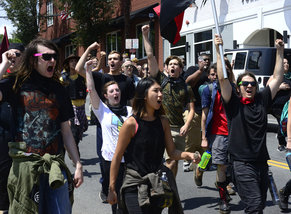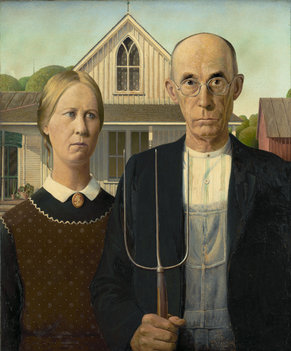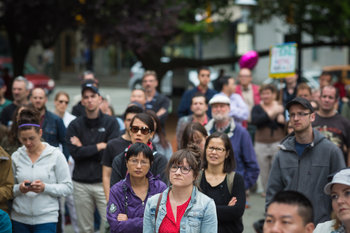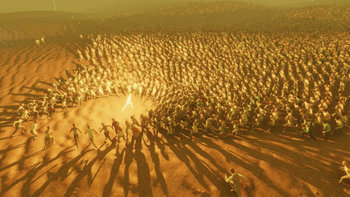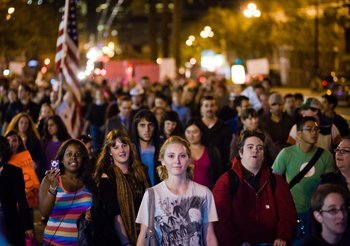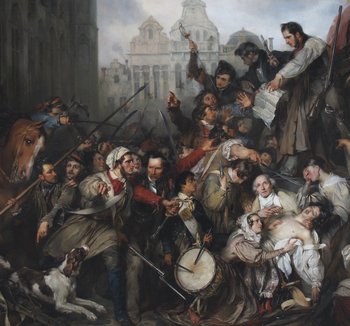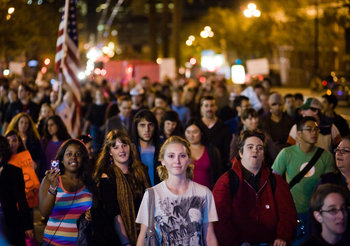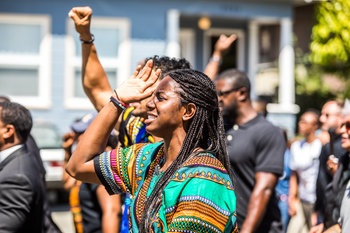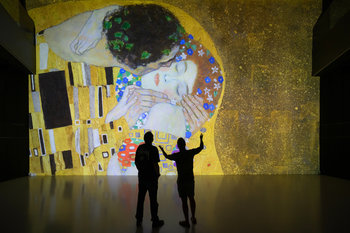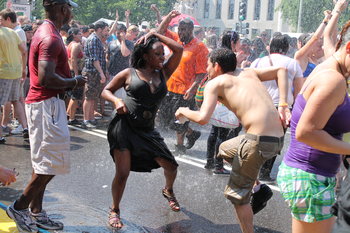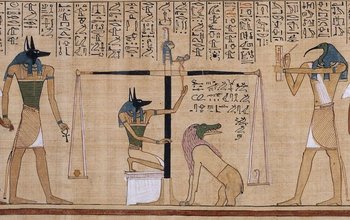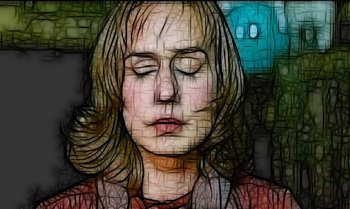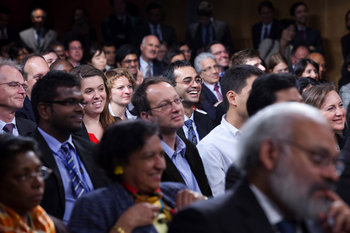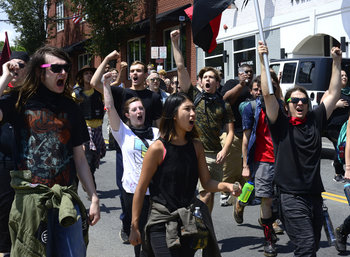
Self-ownership
Anarchists belief that states and other forms of hierarchy that use the coercive power of a state to force people to join lack moral authority. This is based on the sovereignty of the individual and the argument that people have an innate right not to join social groups.Self-Governing
A belief in human agency with the view that people are fully capable of governing themselves.Free Association
The principle that governments and similar bodies can only be formed by free association.Open-ended
As anarchism is based on free association it isn't possible to centrally design its institutions. In other words, anarchism emerges without a plan. This makes it difficult to model as it has no constraints or defining characteristics beyond rejection of involuntary inclusion in social groups such as a state.Utopian
Although anarchism is completely open-ended and uncertain it is often ascribed magical capabilities. For example, it is often presented as a solution to complex problems such as environmental issues. This is often based on lazy arguments such as "capitalism created this problem so we just need to get rid of capitalism." Where billions of people are free to form organizations without any constraint it is far from clear this will solve any particular set of problems.Internally Inconsistent
Several flavors of anarchism appear to be internally inconsistent. For example, the view that anarchism results in socialism. Socialism is a system of forced sameness whereby nobody is allowed to own capital. It is unclear how this occurs without a powerful state. In fact, anarchism is likely to result in laissez-faire capitalism whereby large firms dominate capital and consume all resources. That is to say, that without a state people are likely to pursue the profit motive aggressively. Without taxes and government regulations such laissez-faire corporate entities are likely to grow very large and create economic bads at significant scale.Nihilism
As a culture, anarchism is occasionally associated with nihilism and the sense that life has no value or meaning.Anomie
Anomie is the sense that one is disconnected from others. This is typically portrayed as an unhappy state of isolation and despair. Anarchism may result from a sense of anomie and can be viewed as promoting anomie with its goals of tearing down the institutions that unite without offering anything to replace them other than an undefined and open-ended system of self-governance.Anti-establishment
Anarchism serves a purpose, not as a viable form of global government, but as an anti-establishment tradition that may serve as a counterbalance to elites that generates valuable creative tension. The chaos that anarchism represents may have the power to strike fear into the hearts of elites to help to create a sense of accountability.Notes
History began in anarchy and progressed to small communities, city states, nation states and international cooperation that begins to resemble regional or global government.Anarchism doesn't ban government but rather requires participation in a state to be voluntary with an ability to opt-out at anytime without disruption to life such as having to leave your home. This could be implemented as a system of state competition whereby various governments offer benefits that are attractive such that most people may join. This is known as corporatism -- a system of corporation-like entities that offer government services on a free market basis.It is difficult to apply any constraints to anarchism as there would be no government in place to enforce such constraints.| Overview: Anarchism | ||
Type | ||
Definition | A political ideology based on a rejection of involuntary membership in a society and nation. | |
Related Concepts | ||

